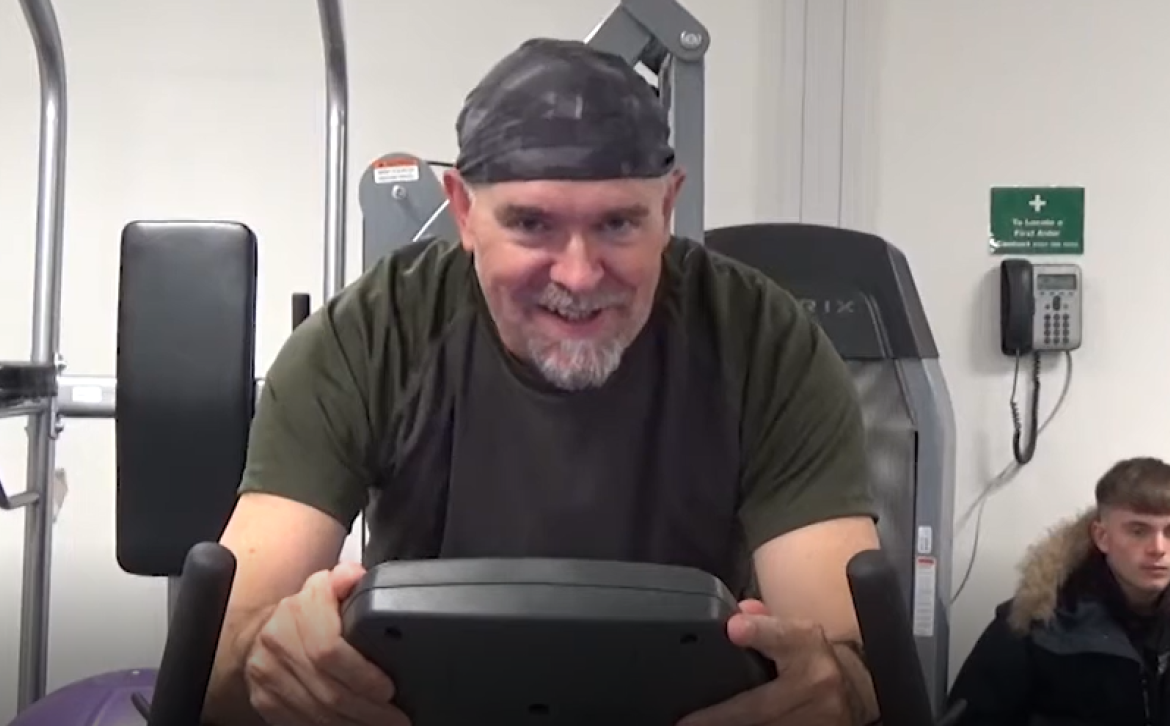Developing an inclusive mindset
We are all unique individuals, from our personality and characteristics to our background, culture, race, abilities, gender identity, sexuality, whether we're a parent or carer, and so on. For someone with an inclusive mindset, this variety and difference is seen as a strength, bringing knowledge and perspectives which enrich a team. From this mindset, someone actively seeks ways to include others and considers their needs and differences in working and learning environments.

As a colleague or student at the University of Salford we will encourage you to-
- Increase your contact with different people and expand your networks. Expand your points of reference - read, watch, listen to broader things outside your regular patterns or comfort zone. This will help to reframe and challenge biases within your brain.
- Interrupt bias that you hear from others. Question peoples biases, ask why they might think that and challenge where their assumption might come from. It can also help to share your experiences to help reframe their assumptions. By choosing to challenge you are being an ally. Your everyday language and actions matter.
- Actively counter stereotypes in your work. For example, in presentations or modules, refer to a broader range of texts, sources, places and researchers. Show images or clips containing of people of colour, diverse and underrepresented groups. This helps disrupt the background narrative that feeds all of our biases.
- Provide time and space to listen to the views of others. Whilst chairing, teaching or just chatting, invite comments from students and colleagues and, where appropriate, amplify their voices. Use what you hear to enrich group conversations, to challenge your own assumptions and to normalise an environment where everyone feels comfortable to contribute.
- Adapt how you recruit colleagues (and students). Perhaps use blind shortlisting, different panel members, provide questions in advance of interview, and use inclusive language at all stages. These methods all interrupt biases.
Being an ally starts with actively educating yourself about the marginalised perspectives and experiences of others; not in order to critically analyse these, but to listen and understand. From this place you can then choose to act deliberately and appropriately. An inclusive culture is necessary if we are to unlock the potential of all colleagues and create spaces where everyone feels like they have a voice and sense of belonging.
